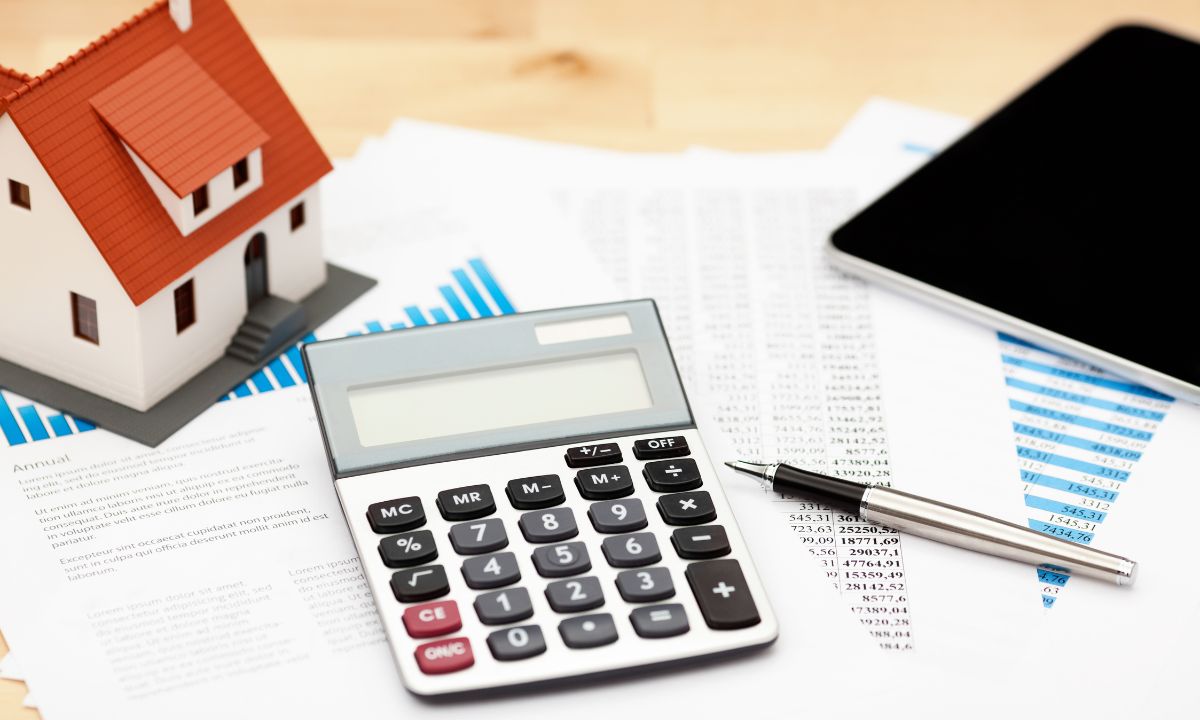 As the year draws to a close, it’s the perfect time to take a step back and review your financial health, especially if you plan to purchase a home next year. Whether you’re a first-time buyer or looking to upgrade, proper preparation can make all the difference when securing a mortgage with favorable terms. Here’s a comprehensive checklist to ensure you’re financially ready for home financing in the year ahead.
As the year draws to a close, it’s the perfect time to take a step back and review your financial health, especially if you plan to purchase a home next year. Whether you’re a first-time buyer or looking to upgrade, proper preparation can make all the difference when securing a mortgage with favorable terms. Here’s a comprehensive checklist to ensure you’re financially ready for home financing in the year ahead.
1. Review Your Credit Score
Your credit score is one of the most important factors lenders will consider when deciding whether to approve your mortgage application and what interest rate to offer. Obtain a copy of your credit report from the three major bureaus—Equifax, Experian, and TransUnion. If your score isn’t where you want it to be, take time to dispute any errors, pay down high-interest debt, and avoid missing payments as you head into the new year.
2. Save for a Down Payment
The more you can put down, the better your mortgage terms will likely be. Ideally, aim for at least 20% of the home’s purchase price to avoid paying private mortgage insurance (PMI). If saving 20% seems daunting, consider setting up automatic transfers to your savings account to stay on track. Every little bit adds up over time.
3. Evaluate Your Debt-to-Income (DTI) Ratio
Mortgage lenders closely examine your debt-to-income (DTI) ratio, which measures the amount of your income that goes toward monthly debt payments. Lower DTI ratios indicate to lenders that you’re more likely to manage your mortgage payments responsibly. If your DTI is high, focus on paying off existing debt to improve your chances of securing favorable loan terms.
4. Calculate Your Budget
Knowing how much home you can afford is essential. Use online mortgage calculators to estimate your monthly mortgage payments based on different home prices. Keep in mind that your mortgage payment should ideally not exceed 28% to 30% of your gross monthly income. Additionally, factor in other costs like property taxes, homeowners insurance, and home maintenance to avoid overextending your budget.
5. Check Your Savings for Closing Costs
In addition to your down payment, be prepared for closing costs, typically ranging from 2% to 5% of the home’s purchase price. These fees include appraisal costs, title insurance, and lender fees. Having extra savings set aside for these expenses will help you avoid delays when it’s time to close on your home.
6. Get Pre-Approved for a Mortgage
Before you start shopping for homes, getting pre-approved for a mortgage is a good idea. This process involves a lender evaluating your creditworthiness and financial situation to determine how much you can borrow. A pre-approval letter shows sellers that you’re a serious buyer and can give you a competitive edge in a hot market.
7. Set Financial Goals for the Year Ahead
Take time to review your financial goals and create a plan to reach them. Whether it’s saving more for your down payment or paying off existing debt, a clear plan will help you stay on track. Revisit your goals every few months to ensure you’re making steady progress toward homeownership.
Reach out by phone or email to discuss your plans. We can help you understand the latest loan options available, interest rates, and more to simplify the home-buying process and secure a loan that best fits your needs.

